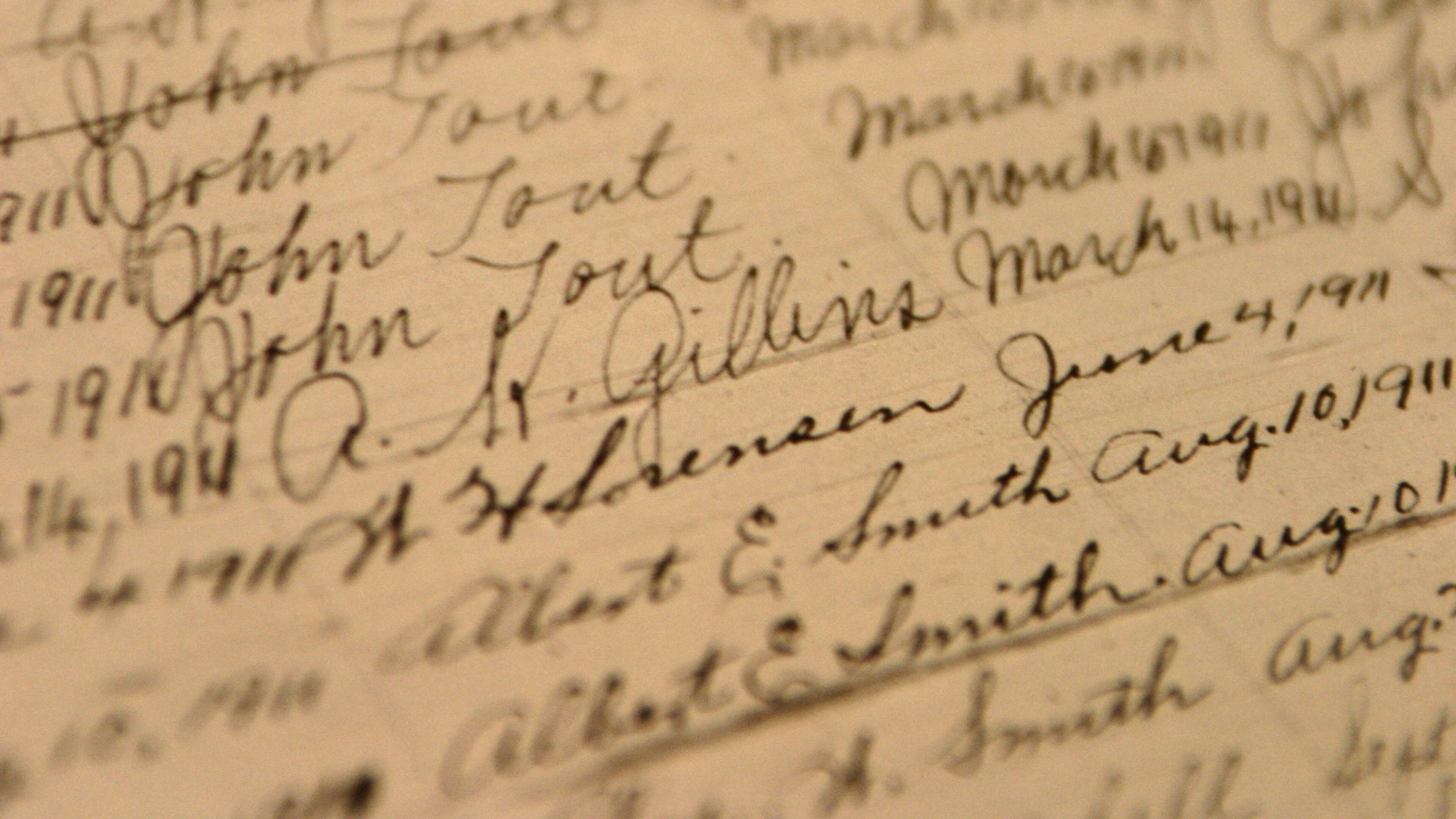Independence Day is a good time to reflect on ancestors

The 4th of July is always a good time to reflect on Revolutionary War-era ancestors. Documenting that ancestry will allow you to share the family history with other kin.
Start with a memo outlining how you are related to ancestors from that time period, whether they served in the military or supported the patriot cause in other ways. You could apply for membership (if invited) to join the Daughters of the American Revolution (DAR) or the Sons of the American Revolution (SAR). Each have many chapters in Georgia but accept members with ancestors who served from any state.
Read “Patriot Games,” by Shelley Bishop, in the July-August issue of Family Tree Magazine (familytreemagazine.com). She lays out the resources that DAR and SAR have to help you and what research is needed. She also lists websites with data from the 13 original colonies, though the information for Georgia is dated.
A local chapter registrar can help you get started. The DAR website also offers a lot of research guidance and some state by state sources. On the website, under library, see “Research Guides” then “DAR Publications.” There, you will find a series of books, at least one for most of the original colonies, compiled by Eric Grundset, former head of the DAR Library in Washington. These contain more sources than one could ever use. The Georgia Archives has several of them.
Southern literature, Joel Chandler Harris, Joseph A. Turner topic of lecture
The Georgia Archives Lunch and Learn lecture for July 12 will be by Julie Williams, assistant professor at Samford University. Williams will discuss Joel Chandler Harris and Joseph Addison Turner. She who wrote the book “Three Not-So-Ordinary Joes: The Three Guys Named Joe who Stuttered and Staggered Their Way into Starting Southern Literature.” The noon is free, but bring your own lunch. For more information, see GeorgiaArchives.org or call 678-364-3710.
Family Bibles
If you know of a family Bible in your family, you need to get a good copy of the pertinent family pages with births, marriages and deaths, as well as the title page with publication information. Always document who had possession of it when you copied it.
Contact Kenneth H. Thomas Jr., P. O. Box 901, Decatur, GA 30031 or gagensociety.org.

